How Easy Is It to Phase Out Artificial Food Dyes in India?
- A to Z, Food Hygiene, Food Safety, Health & Wellness, News
- February 7, 2026
 Food Manifest
Food Manifest 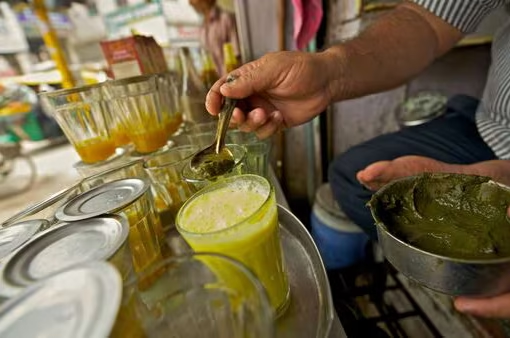
Report Ahead of the Holi festival, the Food Safety and Standards Authority of India (FSSAI) has directed all states and union territories to intensify food safety enforcement through a nationwide anti-adulteration drive. Authorities have been instructed to conduct stringent monitoring, inspections, and sampling to prevent the sale of substandard and adulterated food products. States Ordered
READ MORE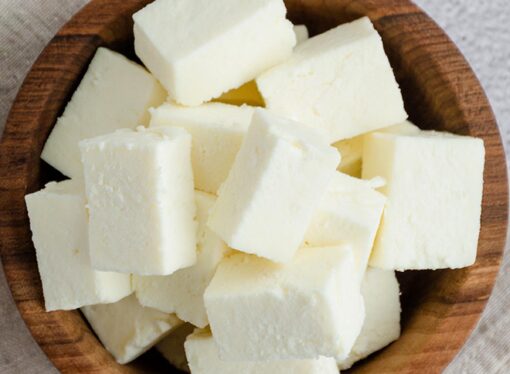
Report Following alarming paneer inspection results in Gujarat, the Food Safety and Standards Authority of India (FSSAI) has ordered a nationwide food safety evaluation. The agency instructed all state food safety commissioners to begin testing paneer samples to assess potential adulteration and contamination. State Authorities Conduct Extensive Sampling Food safety officers across the country have
READ MORE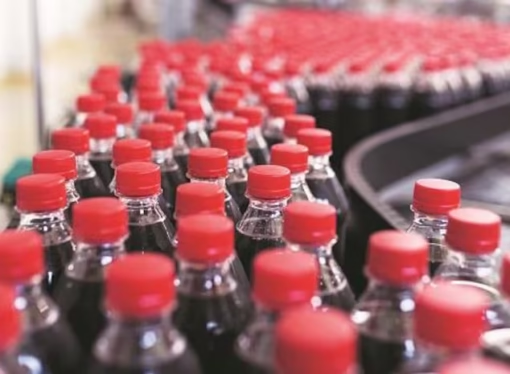
Report Major beverage companies, including Coca-Cola, Bisleri, and Parle Agro, are exploring legal options against the Indian government’s mandate to use 30% recycled food-grade PET (rPET) bottles starting April 1, 2025. According to media reports, industry leaders argue that the timeline is unrealistic due to inadequate recycling facilities, material shortages, and high costs, especially with
READ MORE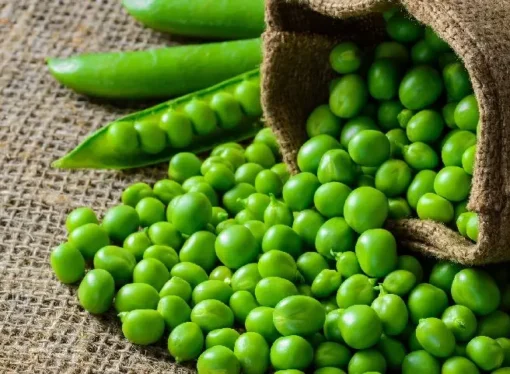
That bright green colour in your peas might be hiding a toxic secret! A viral video with over 22.5 million views exposed how traders dye yellow peas, dry them, deep-fry, and pack them to look fresh. Karnataka’s food safety tests found harmful colours like Malachite Green—linked to allergies, organ damage, and even cancer—in 26 out
READ MORE
Report The Punjab and Haryana High Court has directed the Food Safety and Standards Authority of India (FSSAI) to determine whether a significant variation in natural essential oil levels in mustard oil samples qualifies as adulteration requiring legal action. Nagpur Lab Findings Under Review A division bench comprising Chief Justice Sheel Nagu and Justice Sumeet
READ MORE
Report The Karnataka Food Safety and Drug Administration Department is actively enforcing the Drugs and Cosmetics Act of 1940 to ensure the safety and quality of food products, drugs, and cosmetics across the state. The department is focusing on eliminating substandard medications, monitoring food standards, and enhancing public health safety. Action Against Substandard Medications In
READ MORE
Report Health authorities recently closed an eatery near a private engineering institute in South Kalamassery, Kochi after Hepatitis A cases increased over the past two weeks. The closure followed the discovery that the tea shop violated hygiene and food safety regulations. Consequently, authorities suspect that students may have consumed contaminated food or water from nearby
READ MORE
Fruits and vegetables are essential for a healthy diet, packed with vitamins, minerals, fibre, and antioxidants. However, the produce we purchase often carries pesticide residues, bacteria, and other harmful contaminants. While pesticides help protect crops from pests, their residues can pose significant health risks. Consuming these contaminants over time can affect overall health, especially with
READ MORE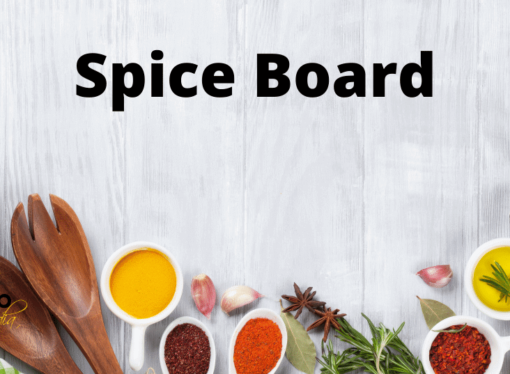
Report The Spices Board, in collaboration with FSSAI and other regulatory bodies, is tightening food safety regulations in India’s spice industry. Secretary P. Hemalatha announced measures to introduce more stringent rules, including mandatory ethylene oxide (ETO) testing for EU exports, ensuring higher compliance and safety standards. Global Standards and Food Safety Compliance To harmonize global
READ MORE